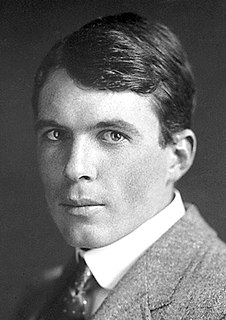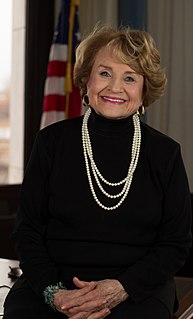A Quote by Ahmed Zewail
I teach at Caltech and oversee a research laboratory there. In general, I find that the majority of young people are excited by the prospects of research, but they soon discover that in the current market, many doctorate-level scientists are holding temporary positions or are unemployed.
Related Quotes
We sometimes talk as if "original research" were a peculiar prerogative of scientists or at least of advanced students. But all thinking is research, and all research is native, original, with him who carries it on, even if everybody else in the world already is sure of what he is still looking for.
I feel very strongly indeed that a Cambridge education for our scientists should include some contact with the humanistic side. The gift of expression is important to them as scientists; the best research is wasted when it is extremely difficult to discover what it is all about ... It is even more important when scientists are called upon to play their part in the world of affairs, as is happening to an increasing extent.




































